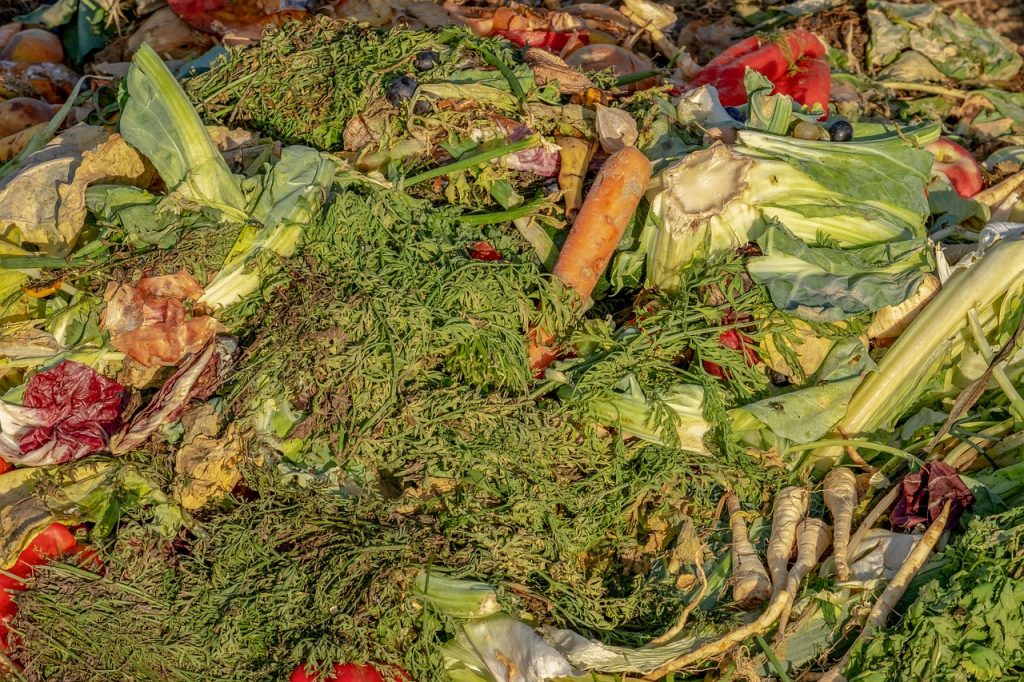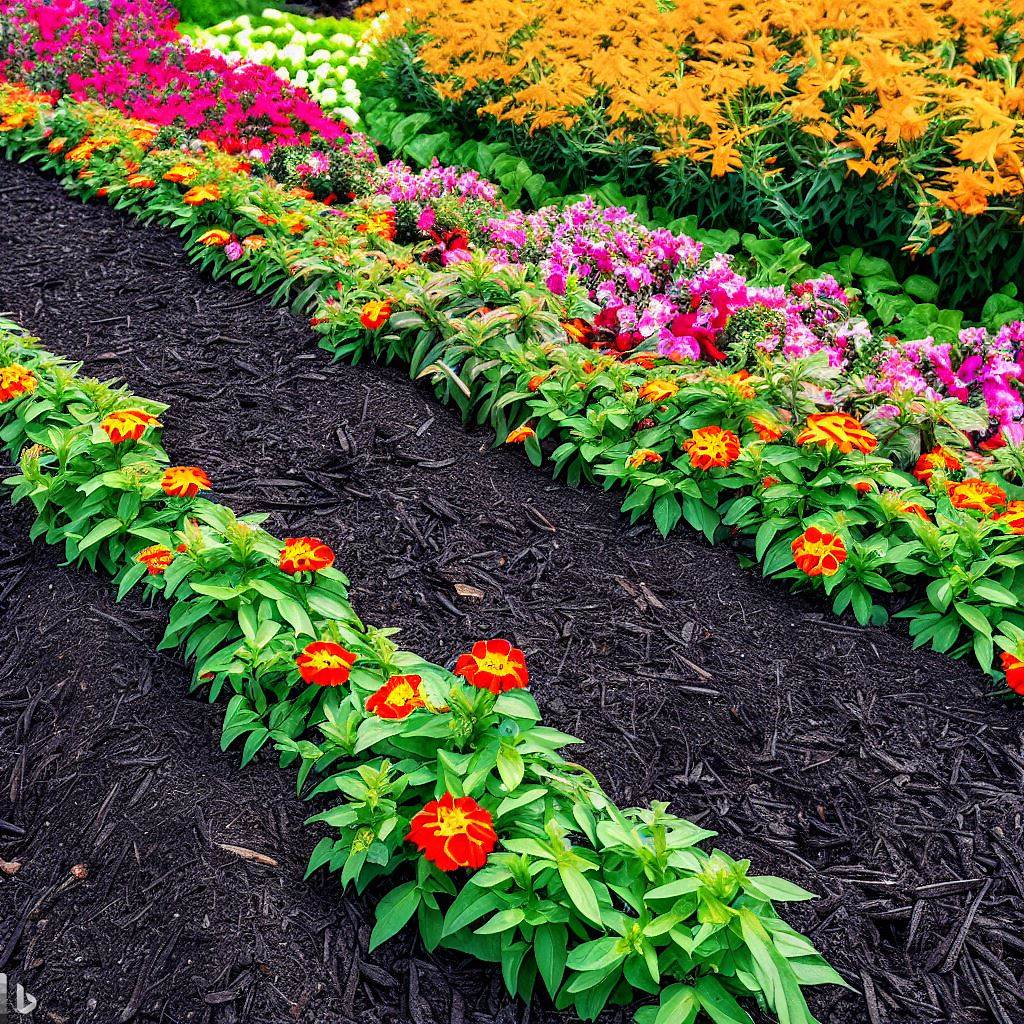(fyi…some links below are affiliate links, which could lead to a small commission paid to the owner of this site)
When planning a backyard garden, preparing the soil is a crucial step in ensuring the success of your plants. Healthy soil provides the necessary nutrients, water, and air to support plant growth. Here are 8 tips you need to know when preparing soil for your backyard garden.
Tip 1 – Test Your Soil
Before preparing your soil, it is essential to know its pH level, nutrient content, and texture. You can test your soil using a DIY soil test kit or sending a sample to a professional soil testing laboratory. Soil testing helps determine which nutrients your soil lacks and how to balance its pH level.
Tip 2 – Clear the Site
Clear any weeds, rocks, or debris from the area where you plan to plant your garden. It is essential to remove the roots of any weeds to prevent them from growing back and competing with your plants for nutrients.
Tip 3 – Loosen the Soil
After clearing the site, loosen the soil using a tiller or a garden fork. Loosening the soil helps to create pockets of air, making it easier for plant roots to penetrate the soil. Avoid over-tilling, which can damage the soil structure and kill beneficial microorganisms.
Tip 4 – Add Organic Matter
Organic matter improves soil fertility, structure, and water retention capacity. Add compost, aged manure, or shredded leaves to your soil to increase its organic matter content. Mix the organic matter into the soil using a garden fork or a tiller. Organic matter also helps to regulate soil pH levels and reduce soil erosion.

Tip 5 – Adjust Soil pH
Plants grow best within a specific pH range. If your soil pH is too low or too high, it can affect plant growth and nutrient uptake. Most vegetables prefer a slightly acidic soil pH between 6.0 and 7.0. Add lime to raise soil pH and sulfur to lower it. Follow the recommended application rates on the packaging, and avoid over-application as it can harm your plants.
Tip 6 – Add Fertilizer
Fertilizer provides essential nutrients that plants need for growth and development. Depending on your soil test results, add nitrogen, phosphorus, and potassium fertilizers to your soil. Organic fertilizers such as bone meal, blood meal, and fish emulsion are a great source of plant nutrients.
Tip 7 – Mix and Water the Soil
After adding organic matter, adjusting pH, and adding fertilizers, mix the soil well to ensure that all amendments are evenly distributed. Water the soil thoroughly to help the amendments settle and promote microbial activity.
Tip 8 – Mulch the Soil
Mulching helps to suppress weed growth, regulate soil temperature, and conserve soil moisture. Add a layer of organic mulch such as straw, leaves, or grass clippings to your soil surface. Mulch also adds organic matter to the soil as it decomposes.

Preparing soil for a backyard garden requires effort and time. It is essential to test your soil, clear the site, loosen the soil, add organic matter, adjust soil pH, add fertilizer, mix and water the soil, and mulch the soil. By following these 8 tips, you can improve the soil quality and ensure the success of your garden!




